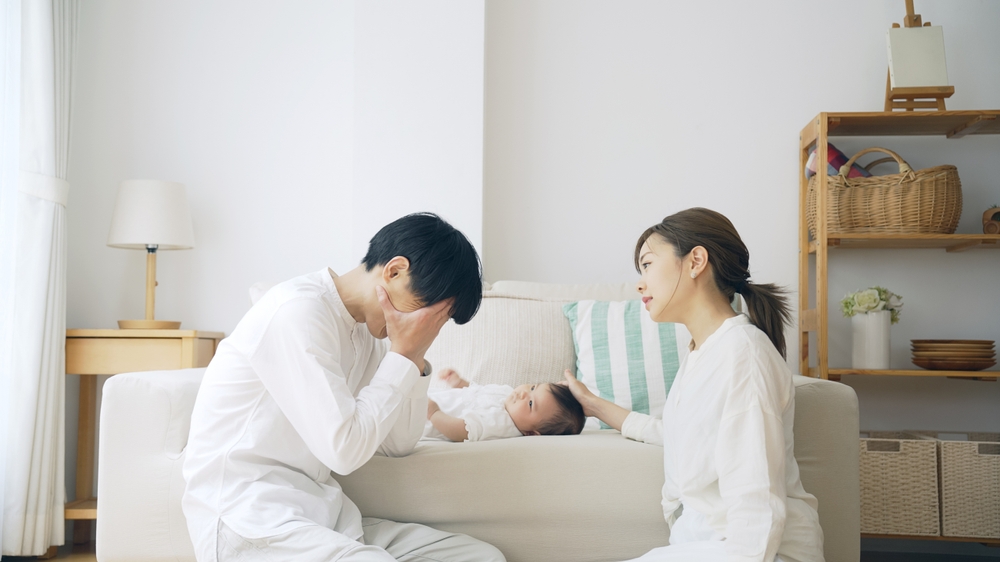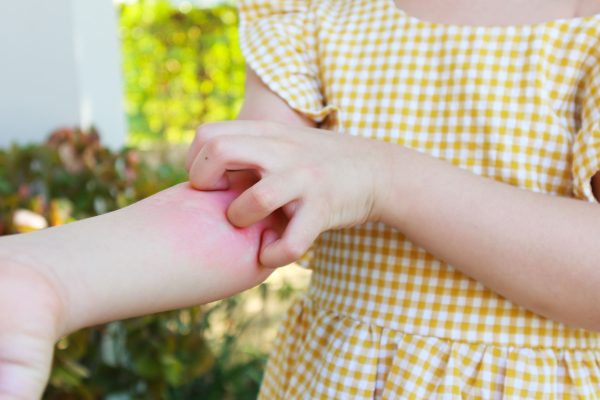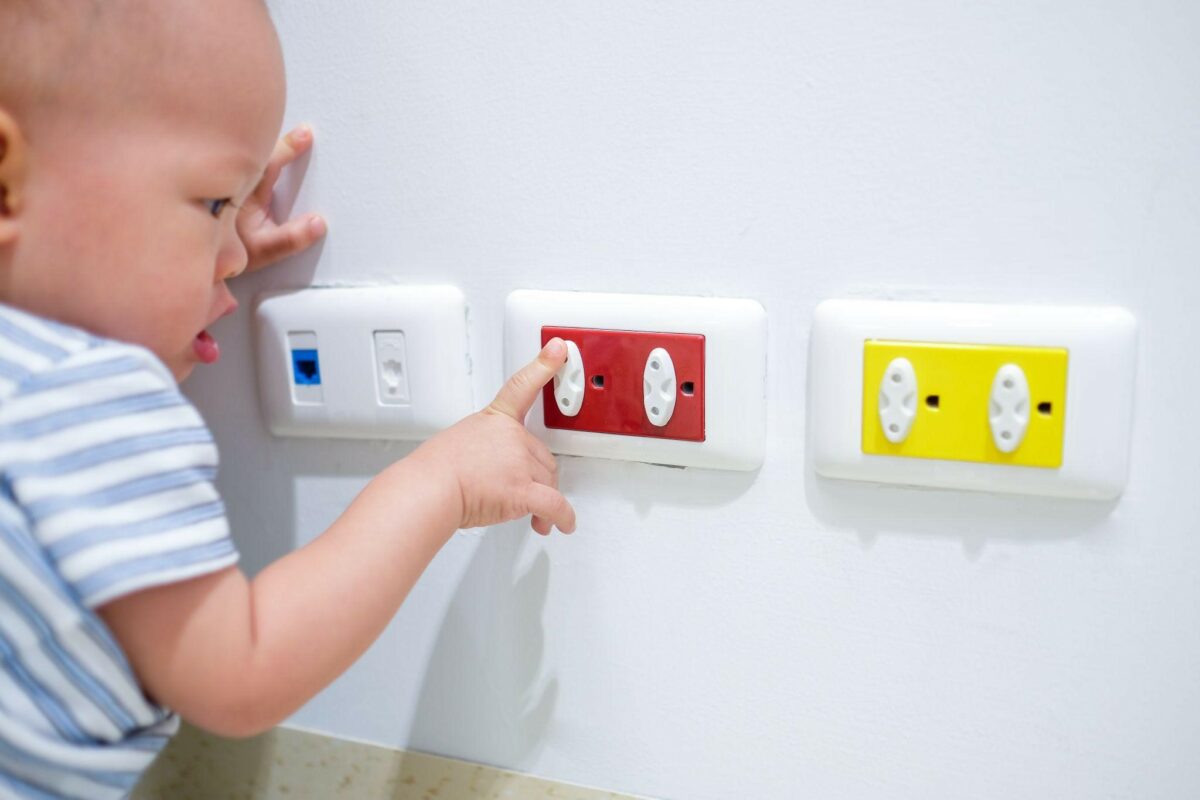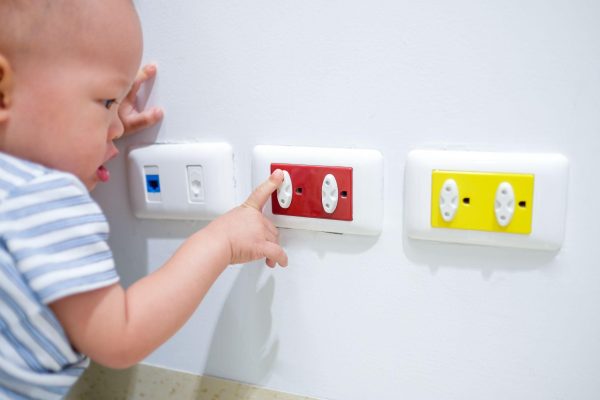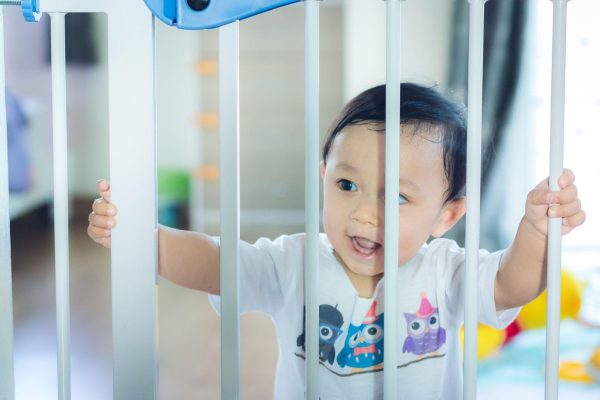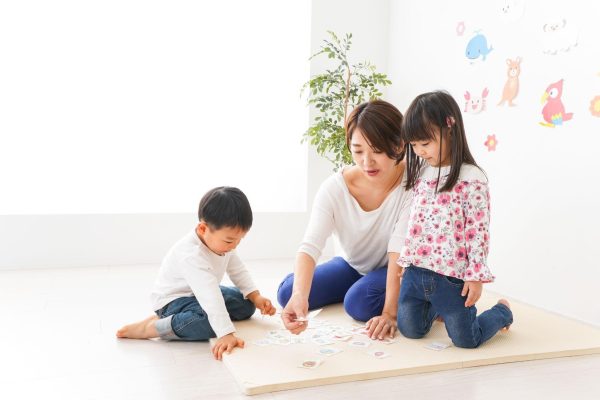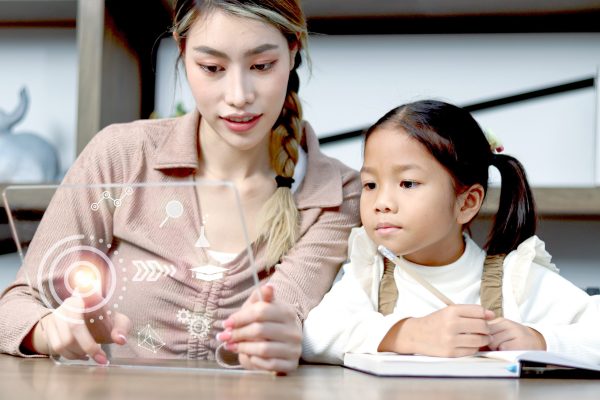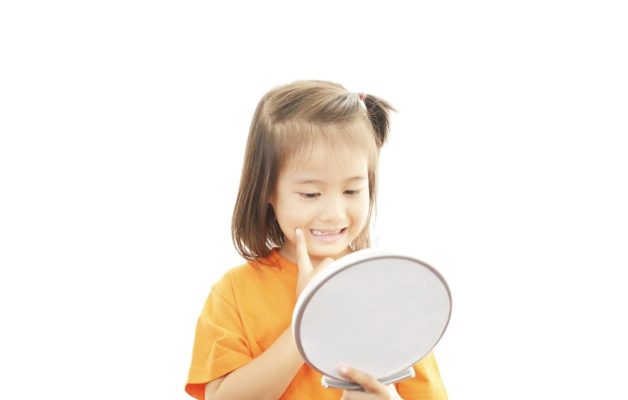Parenting Tips

Written by: Marriage and Family Therapist, Child Play Therapist, Lee Wai Zi
Whenever a child is born, it brings about changes to the family. Many times, parents, caught up in taking care of and disciplining their children, can easily overlook the quality of their own marital life. Over time, marital life becomes reduced to a pile of responsibilities and pressures. I once heard a friend say that when he comes home from work every day, it’s like an assembly line of checking his children’s homework, supervising their studies, while his wife takes care of their meals and routines. By the time the two of them can rest, it’s often late at night. Even if there’s still energy left to exchange a few words with his wife, the topic tends to revolve around their children’s academic performance and achievements. Sometimes, there isn’t even enough time left for their own rest, let alone considering their spouse’s needs.
Many couples facing difficulties in their marriage tend to attribute the problems in their relationship to the birth of their children. Generally, people believe that this is due to differing expectations and parenting methods between parents, or unequal distribution of roles and responsibilities in raising children, leading to conflicts in the relationship. However, the vast majority of couples express that they don’t necessarily need their partner to agree with their thoughts or actions. The key issue is that when they face the stress of parenting and various life pressures, they often don’t feel valued, supported, and accepted by their spouse. This leads both sides into a state of loneliness and helplessness, gradually eroding trust and emotional connection.
Differing educational philosophies and methods between spouses are ordinary and natural. However, during the process of parenting, parents are prone to repetitively using ineffective and destructive methods to deal with their differences, inadvertently creating a negative cycle of interaction within the relationship. For example, a wife might complain in front of her husband that the child doesn’t listen, and might even reproach her husband for not helping to share the responsibilities of household chores and parenting. The wife’s expression of dissatisfaction is aimed at making the husband understand her concerns and troubles, and hoping to receive his support and comfort.

However, husbands often only receive criticism and blame from their wives. In order to protect themselves from getting hurt, they might remain silent or explain and defend themselves repeatedly, hoping for understanding and acceptance from their wives. The more husbands explain, the less valued and understood their wives might feel, leading to more accusations. And the more wives accuse, the more helpless husbands might feel, causing them to further evade and defend. Both spouses are participants in this negative cycle of interaction and victims of this cycle as well. If parents don’t promptly address and resolve the deadlock in their relationship, not only will the problems persist and worsen, but it could also ultimately impact their children.
The well-being of the family and the children relies on a strong emotional connection between the spouses. Therefore, for the sake of themselves and their children, it’s worth spending more time nurturing the love between partners. As long as the marital relationship is harmonious, children can naturally grow up healthy and happy.

